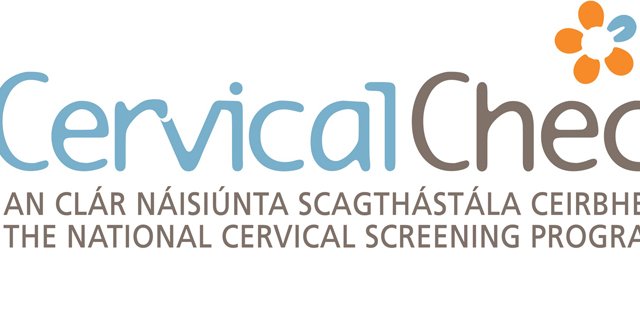According to Dr Gabriel Scally, who led the Inquiry, there was a “demonstrable deficit” of clear governance and reporting lines between CervicalCheck, the National Screening Service and the higher management structures of the HSE.
“This confusion complicated the reporting of issues and multiplied the risks,” Dr Scally wrote in the foreword of the report.
“It is clear that there are also serious gaps in the range of expertise of professional and managerial staff directly engaged in the operation of CervicalCheck. There are, in addition, substantial weaknesses, indeed absences, of proper professional advisory structures. These deficiencies played no little role in the serious issues that concern this Scoping Inquiry.”
The report also states that the current policy and practice in relation to open disclosure is “deeply contradictory and unsatisfactory”.
“In essence, there is no compelling requirement on clinicians to disclose. It is left up to their personal and professional judgement,” according to Dr Scally.
“I know, very well, from very many of the women themselves and the families, that the issue of non-disclosure is felt very intensely. They have expressed very clearly their anger at not being told at the time when the information from the audit became available, and they are equally as angry about how they were eventually told. In my view, the manner in which they were eventually told of their situation in many cases varied from unsatisfactory and inappropriate, to damaging, hurtful and offensive.”
Dr Scally stated he is satisfied with the quality management processes in the current laboratory sites i.e. CWIUH, Quest, and the Sonic Healthcare Laboratories, namely MLP and TDL. He is also satisfied that the quality management processes were adequate in the former provider, CPL in Austin, Texas, part of Sonic Healthcare.
“In August 2018, as a result of probing by the Scoping Inquiry, information was provided which indicated that slides from Ireland had been distributed by CPL to other laboratories to carry out at least part of the screening process,” according to Dr Scally.
“As detailed in the report, the Scoping Inquiry is now aware that slides were dealt with by laboratories in San Antonio and Victoria (both Texas), Honolulu (Hawaii), and Orlando (Florida). This information has only come to my attention in recent weeks. It clearly needs further and detailed examination, along with some closely associated issues of procurement and accreditation.”
As controversially reported in the media, Dr Scally writes that, in his opinion, a Commission of Investigation would not be the best way to proceed.
“In my personal view, there are two tasks that should now be given priority,” according to the report.
“One is ensuring that the group of women affected, and the relatives of the deceased, are given the maximum amount of support in dealing with the difficulties that they now face arising from these complex and distressing events. The second key task is in implementing the recommendations of this Scoping Inquiry. I am impressed by how your Department is carrying forward the recommendations of my first report and has included representatives of the women and relatives at the centre of its activities. There is a danger that a prolonged investigation, whilst it might further elucidate the matters that I have considered and correct any inexactitudes in this report, would consume valuable energy and resources that would be better devoted to the implementation of recommendations and achieving progress.”
All 50 recommendations in the report have been accepted by the Government.













Leave a Reply
You must be logged in to post a comment.